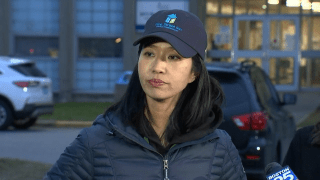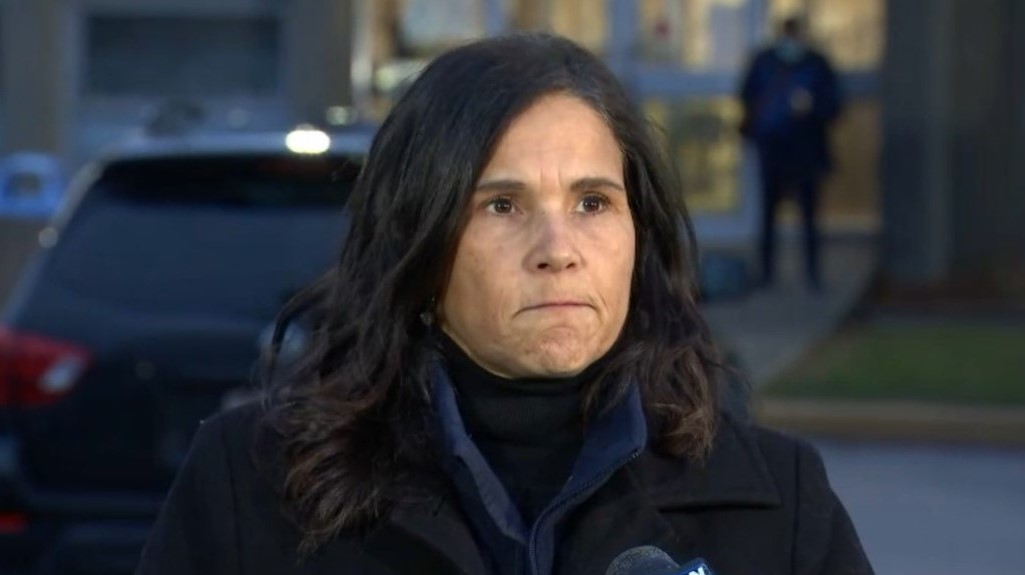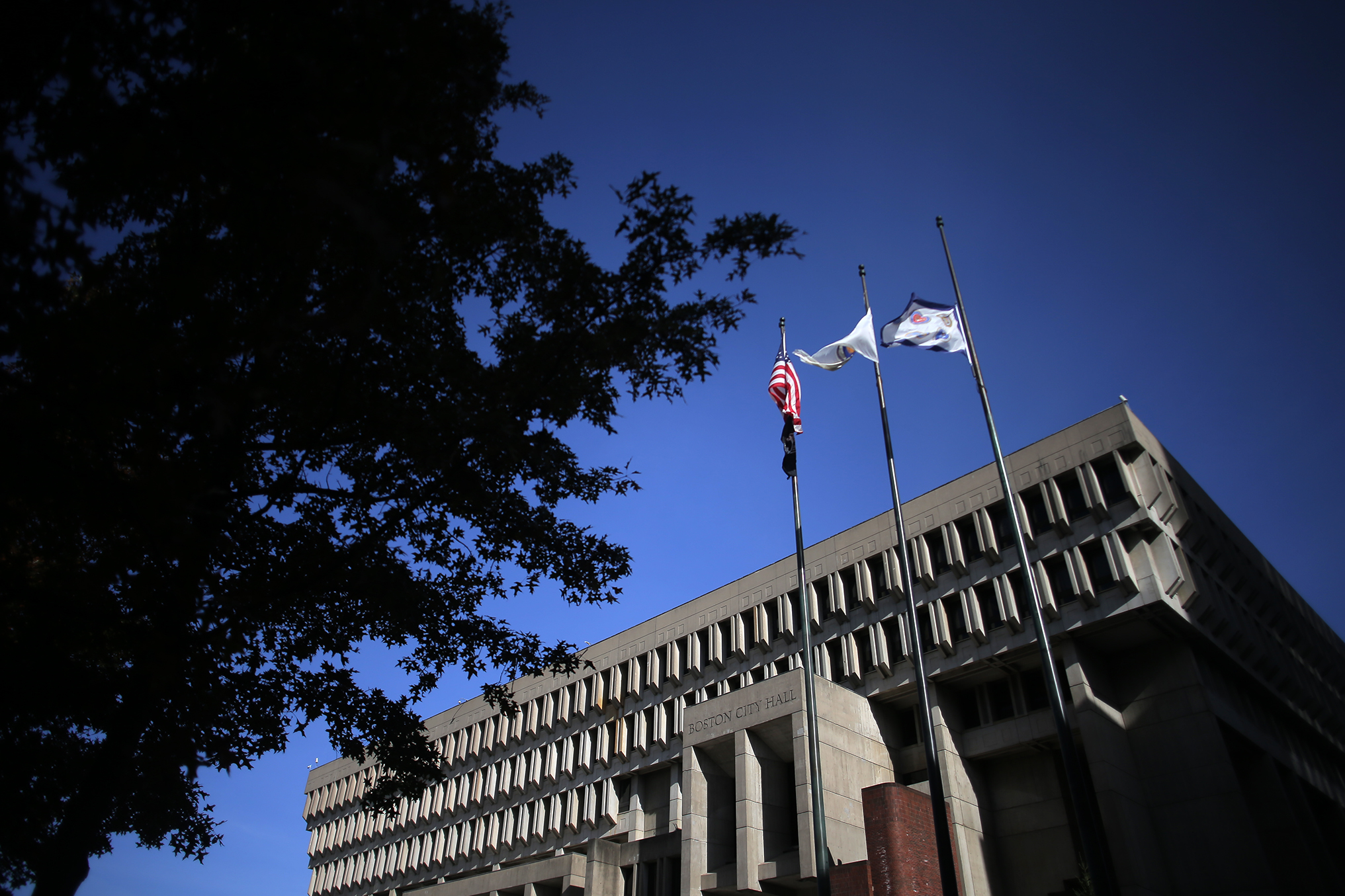
Boston Mayor Michelle Wu on Monday denounced the long lines that regularly form at clinics for COVID-19 PCR tests throughout the city.
"It's absolutely unacceptable that in the city of Boston, our residents have been having to wait two, three plus hours to get a test to stay safe and keep their families and community safe," Wu said Monday.
WATCH ANYTIME FOR FREE
>Stream NBC10 Boston news for free, 24/7, wherever you are. |
Long COVID testing lines have been forming in Boston and across the state in recent weeks.
Get updates on what's happening in Boston to your inbox. Sign up for our >News Headlines newsletter.
Wu promised to address the issue Monday after the Boston City Council inauguration ceremony. Wu was scheduled to hold an outdoor swearing-in ceremony to formally inaugurate new and returning members of the council at 10 a.m. after an earlier event to prepare for students' return to school from winter break.
"Today we have inauguration, but right after that I'll be getting together with our team to ensure that we're increasing the number of testing sites and the capacity at each site, but also speeding up the operations of each line," Wu said. "There's no reason why, in the cold, people need to stand and wait for three hours. There's better ways to address this so we'll get going right away."
Boston has been undergoing a major surge in COVID-19 cases and hospitalizations in recent weeks. Last week, Dr. Bisola Ojikuto, executive director of the Boston Public Health Commission, said the COVID positivity rate in the city is now at 9.5%, the highest it has been since testing became widely available.
Wastewater has been used as a metric to track COVID in the Boston area since the start of the pandemic, using bits of genetic material collected in sewage to indicate how much of the virus is circulating in the community.
The latest update from the Massachusetts Water Resources Authority's tracking system showed a massive spike after the Christmas holiday -- from levels that were already at record highs.
The city's first cases of the highly contagious omicron variant were announced on Dec. 15. Ojikutu has projected that the city's case numbers will "rise significantly" in January based on the omicron variant's transmissibility.



